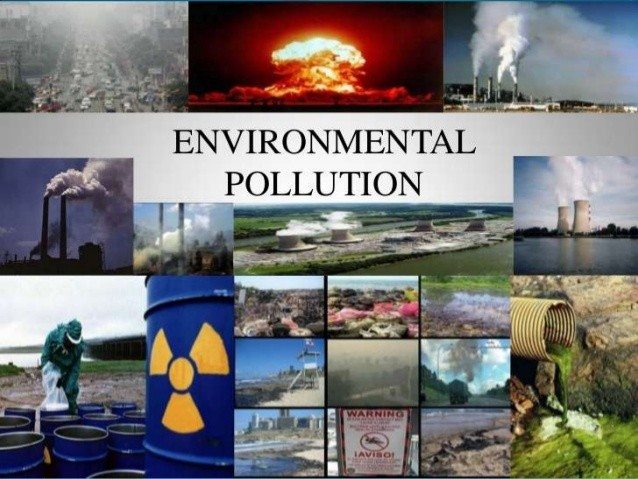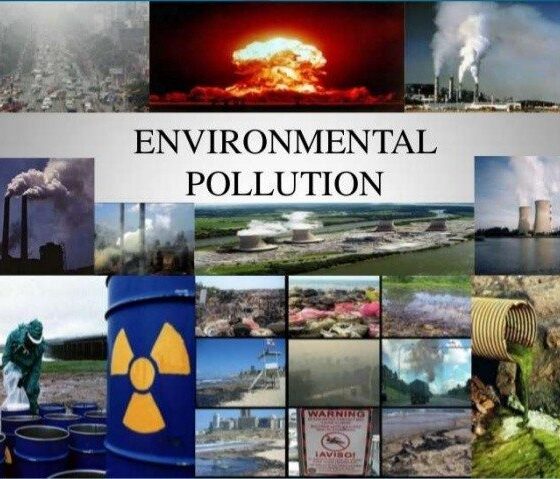

Environment
How Can We Help Control Environmental Pollution?
The UK government has promised to make environmental pollution a priority following concerning reports that the country’s high level of air pollution could be responsible for around 40,000 premature deaths a year.
With government legislation now in place that aims to improve air quality, is there anything else we can do to help look after the environment? This post will look at the government legislation around improving pollution and what we can do at home and at work to help them reach their goals.
Government Legislation
Our local and national government work together to improve air quality by placing controls on emissions of harmful pollutants and the concentrations of them in the environment.
Some of the legislation in place includes the Clean Air Act that aims to reduce pollution from smoke grit and dust and the Environmental Permitting (England and Wales) Regulations 2010 that regulates industrial emissions.
Local authorities are responsible for reviewing the air quality in their areas and checking that they meet the national air quality objectives. If they don’t, they can put extra controls in place by declaring an Air Quality Management Area (AQMA) and producing a plan for improvements they will make.
Air Quality in the Home
When you think about air pollution, you may not think about the air quality inside your home, office or car. With so much of our time spent indoors, it could be beneficial for our health if we take some steps to improve the pollution inside our homes. Here are a few things you can do:
- Don’t smoke indoors – the gas and particles settle in the carpet or any furnishings, which can cause health problems from third-hand smoke.
- Use natural cleaning supplies to avoid harsh chemical fumes that can exacerbate asthma or lung conditions.
- Use a dehumidifier to reduce the moisture in the air
- Dust and vacuum frequently
- Make sure your gas stove is well-ventilated
With these steps, you can help provide a better quality of life for both you and your family in your home.
Going Electric
With the number of cars on our roads being a big contributor to the high levels of air pollution in the UK, the government have recently announced that all new petrol and diesel cars and vans will be banned in the UK from 2040.
This pledge means that electric cars will soon be the norm and their eco-friendly status and lack of emissions is the right step towards limiting the amount of nitrogen oxide in the atmosphere, which is believed to be a major risk to public health.
Controlling Industrial Pollution
Environmental pollution caused by industry is heavily controlled to reduce their negative impact. The main polluting industries include metal production and processing, mineral industries, waste landfill sites, waste treatment and paper, pulp and board manufacturing industries.
For businesses concerned about environmental impact, there’s a few steps you can take:
- Check what controls your local council have in place in your area because they have the power to introduce extra ones if there are problems with air quality
- Check smoke control areas and whether you’re in anAQMA area as this could affect your business
- Install a tailored air pollution control system – ERG, for example, provide pollution-control solutions across a broad range of industries
If you’re concerned about your impact on the environment, you can make some changes that will aid the government’s legislation to help improve the air quality in the UK and control environmental pollution. With these tips, you can improve the quality of life both in your home or workplace, as well as the wider environment.


 Features11 months ago
Features11 months agoEco-Friendly Cryptocurrencies: Sustainable Investment Choices

 Energy11 months ago
Energy11 months agoThe Growing Role of Solar Panels in Ireland’s Energy Future

 Energy10 months ago
Energy10 months agoGrowth of Solar Power in Dublin: A Sustainable Revolution

 Energy10 months ago
Energy10 months agoRenewable Energy Adoption Can Combat Climate Change
















